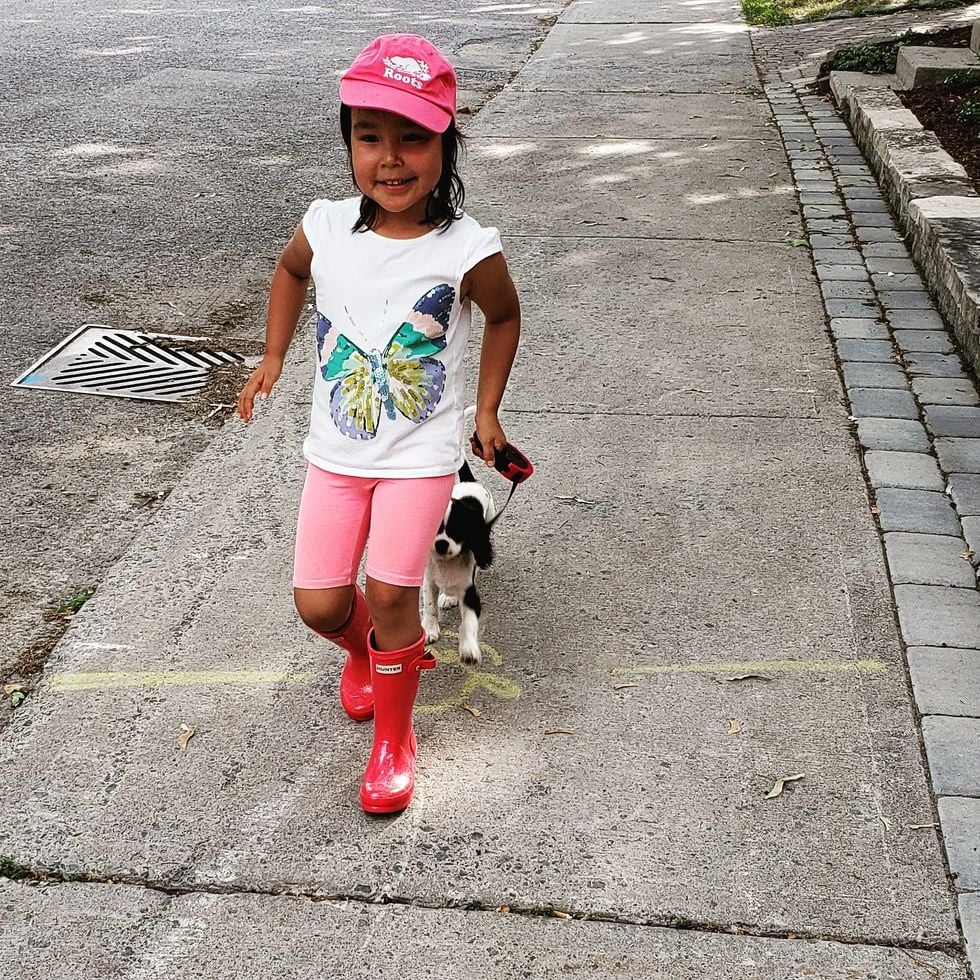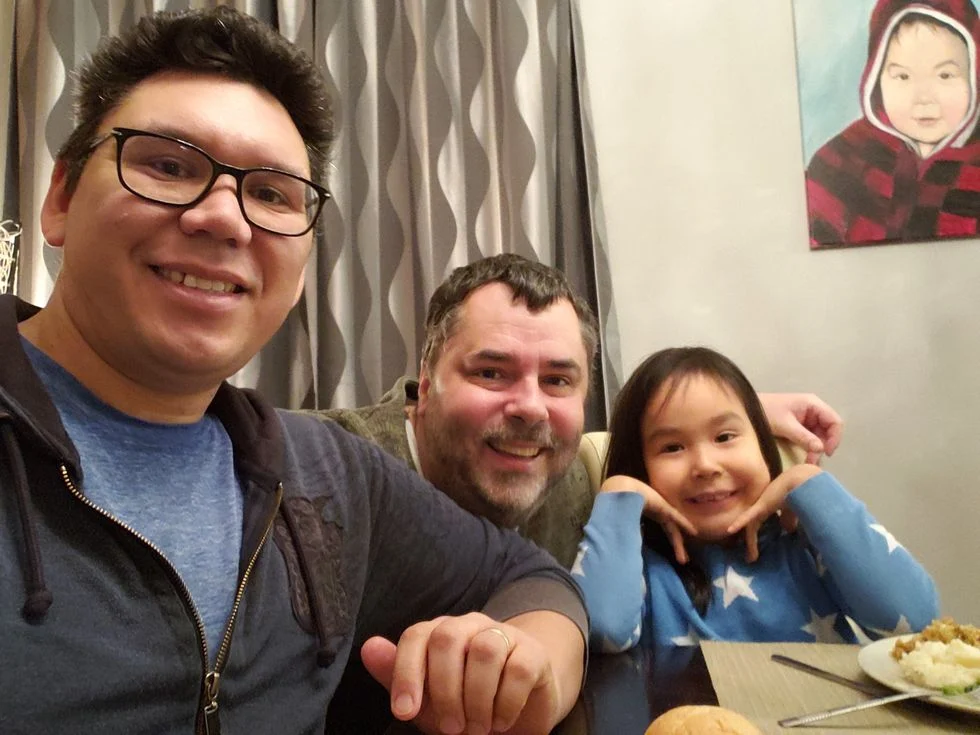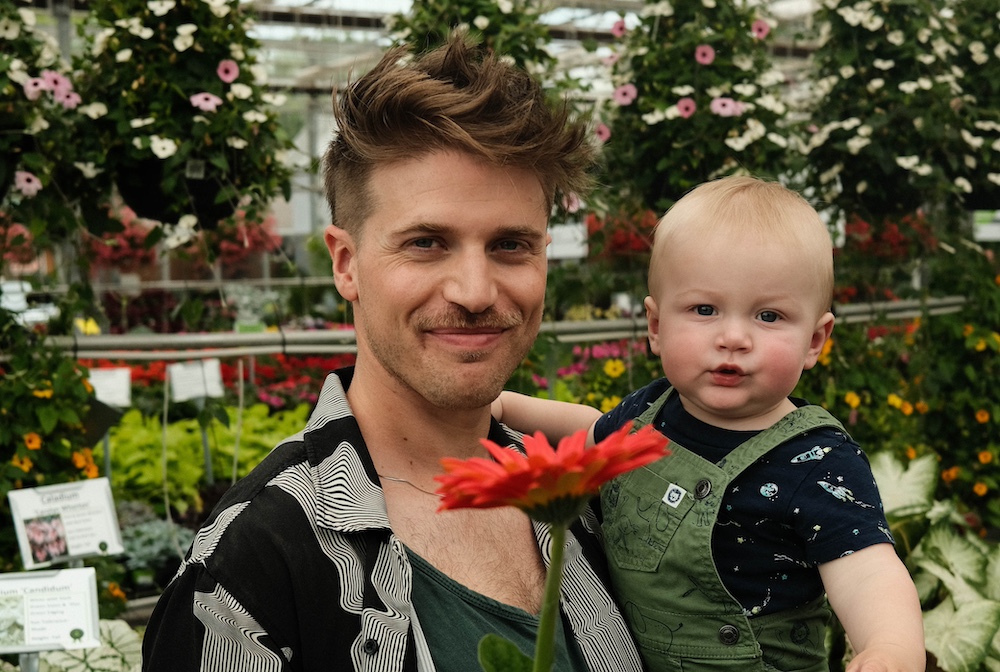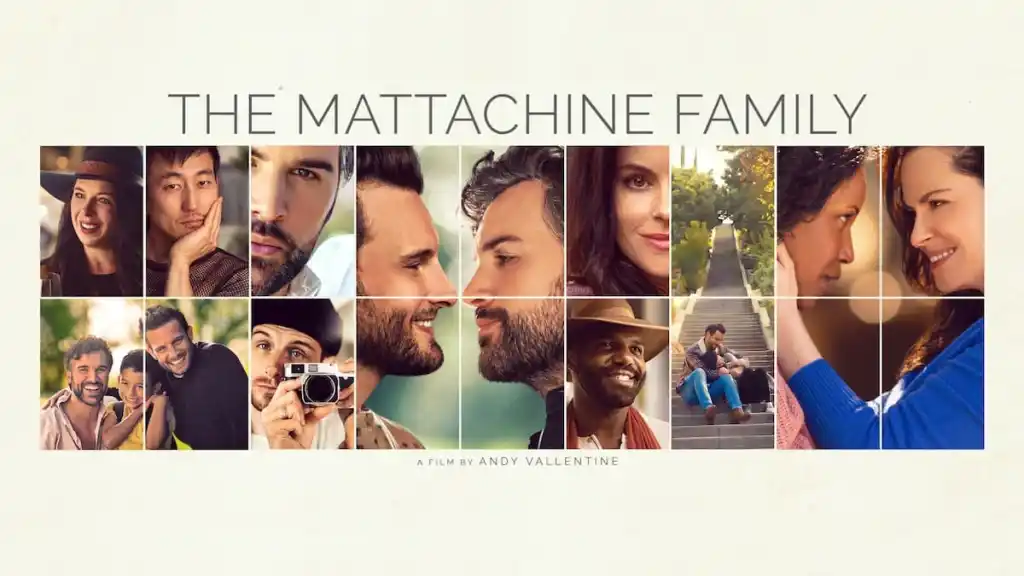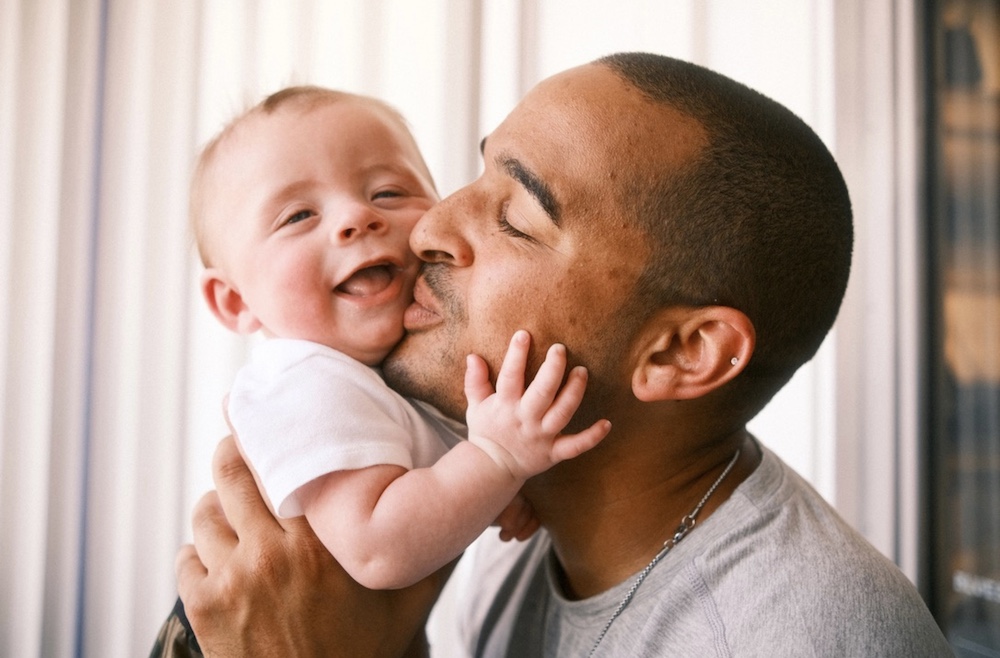Keith and Kevin: Dads Through Adoption
Keith Willey, 49, and his husband Kevin Kablutsiak, 42, who live in Ottawa, Canada, first met online in 2010. The couple had their first date soon afterwards in a coffee house and, “haven’t looked back since,” said Keith. They married on May 22nd, 2016.
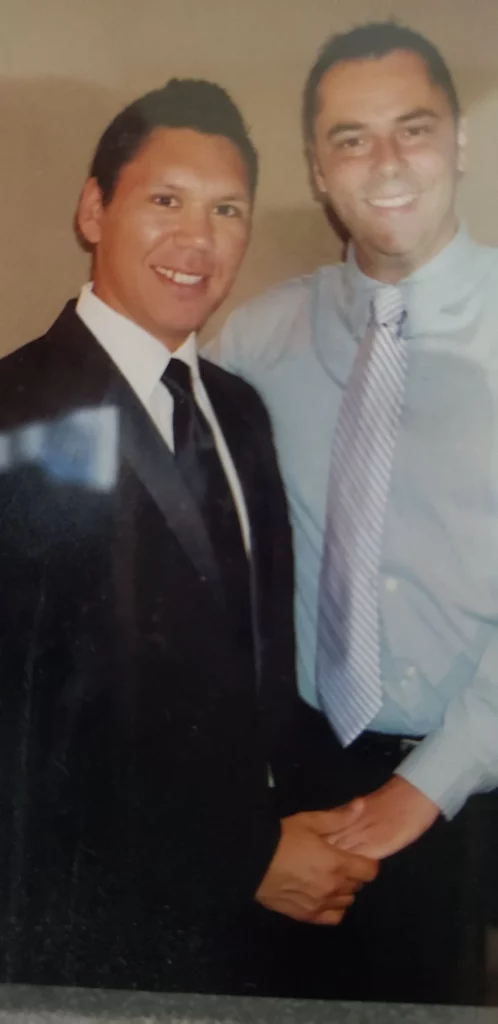
Keith, who works as a Policy Advisor with the Canadian Federal Government, and Kevin, who works as the Director of Communications with the Canadian National Inuit Organization (ITK), always knew they wanted kids together, and talked about it early on in their relationship. Still, as gay men, they weren’t sure that option would ever be available to them.
“I grew up in the UK in the 1970s so I assumed it would be impossible to have children,” said Keith. “I always assumed that I would have to lead a life sort of in the shadows and in secret. Attitudes were so different in the 70s to how they are now that I simply believe that we thought it would be impossible to have a child.”
The option materialized for the couple, however, when Kevin’s sister, pregnant at the time, approached the two men about adopting her baby through the Inuit adoption process. They knew they couldn’t pass up the opportunity.
“Kevin is Inuk and adoption, particularly inter-family adoption, is common in Inuit culture,” said Keith.
The Inuit Custom Adoption Process was originally used in the small Inuit societies in the arctic, Kevin explained. It’s primarily (though not exclusively) intended as a path for adoption within families. The process is legally recognized by the Canadian legal system.
As Kevin went on to explain, Inuit custom adoption was traditional used to support survival within, what were until quite recently, people living a nomadic lifestyle. It is, in essence, a deeply loving and selfless tradition of giving the gift of life to a carefully selected couple, most often with the guidance of elders (usually the matriarch within a family). If a couple couldn’t conceive, for instance, others would sometimes offer their help. Similarly, if a couple lost a child, the grieving parents might be given a baby to help ease the ache of their loss. While most Inuit parents have zero intention of custom adopting their children to other families, adoption continues to be an established method in Inuit regions.
Through this process, and with everyone’s agreement, the two men legally adopted Kevin’s sister and her husband’s child from birth. They named her Abbie. “Kevin’s sister and her husband came to stay with us in Ottawa prior to the birth so Abbie was in our care from the moment she was born,” said Keith. “She got to come home with us the day after the birth with the legal process taking around 11 months to complete from start to finish.”
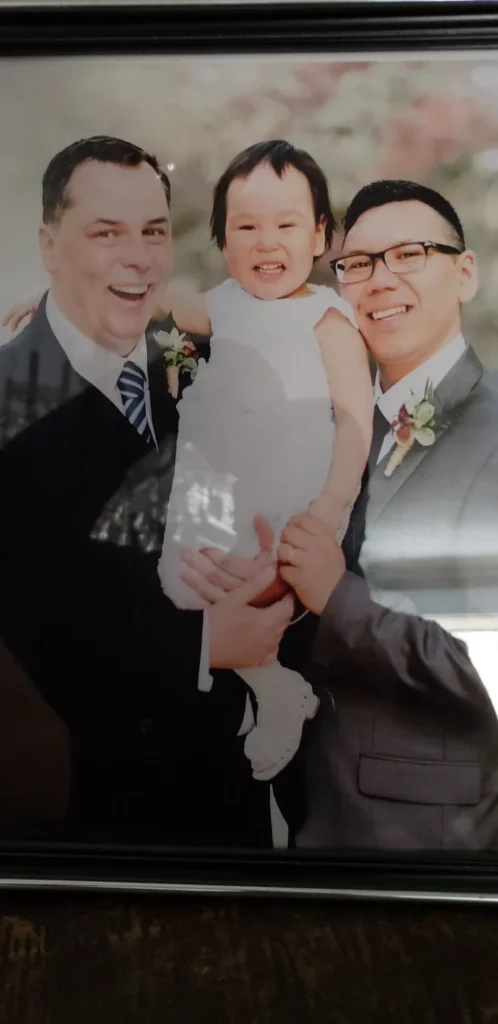

As far as their parenting styles, the couple say they’ve drawn on each of their pasts. “Both Kevin and I had somewhat difficult childhoods and have spent a lot of time working through and dealing with childhood trauma,” Keith said. “As a result, we are better parents and we continue to look after ourselves and each other as we continue to grow in parenthood.”
Though the couple come from different cultures, they said they’ve had no difficulty developing a parenting approach that works for them both. “I don’t think either of us raise Abbie in the same parenting style that we experienced,” Keith said, “We both talked and agreed on our approach before Abbie was born and we work well together as a parenting couple.”
The result is a parenting style that incorporates some elements of both of their backgrounds, Keith said. “Inuit culture tends to shower children in love and we certainly do that,” said Kevin. From English-style parenting, the couple have also borrowed the tendency of English parents to be “pretty obsessive,” Keith said, about routines, such as scheduling meals, naps and bedtimes.
Though life was good before Abbie joined the family, “now it’s fantastic!” Keith said. “I feel like being a parent was what I was put on this earth to be.” Because neither man ever expected to become fathers, moreover, both say they look at parenthood as a privilege rather than a right — a helpful perspective they suggest to other gay men considering fatherhood. “Parenthood is an amazing gift,” Keith said, “But remember it’s about them, not you — and they deserve the best start in life we can give them.”
Though fatherhood came to them somewhat unexpectedly, Keith and Kevin say they couldn’t be happier with the way things turned out. “When I reflect on our life together, and where we both came from, it is incredible to me that we are now married, content, and parents to our wonderful panik,” Keith said, using the Inuktitut word for daughter. “We are totally blessed.”
